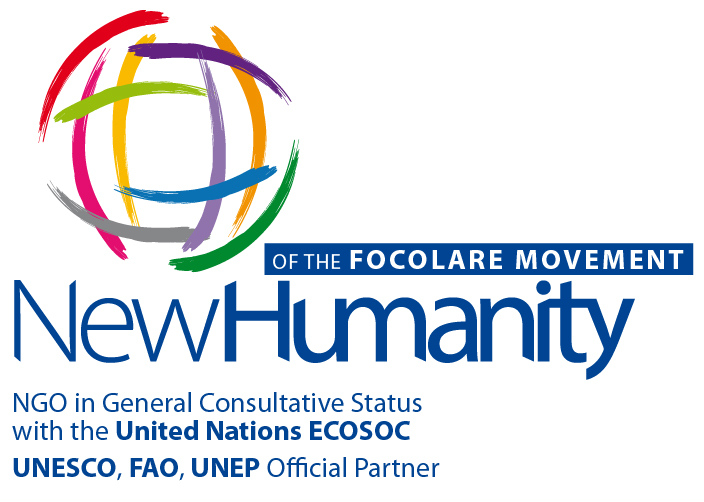GOOD PRACTICES
Political Action
We are convinced that the setting in motion of creative and innovative strategies, often circumscribed, but inspired by a vision of co-responsibility, inclusion and equity, can have a positive effect on the social tissue.
This space is available to those who wish to share and make known “good practices” in progress: not to promote particular activities to be replicated directly, but to offer inputs of social innovation and to enhance the many paths that can be taken in a collaborative way.
Those interested can write to the email: info@mppu.org
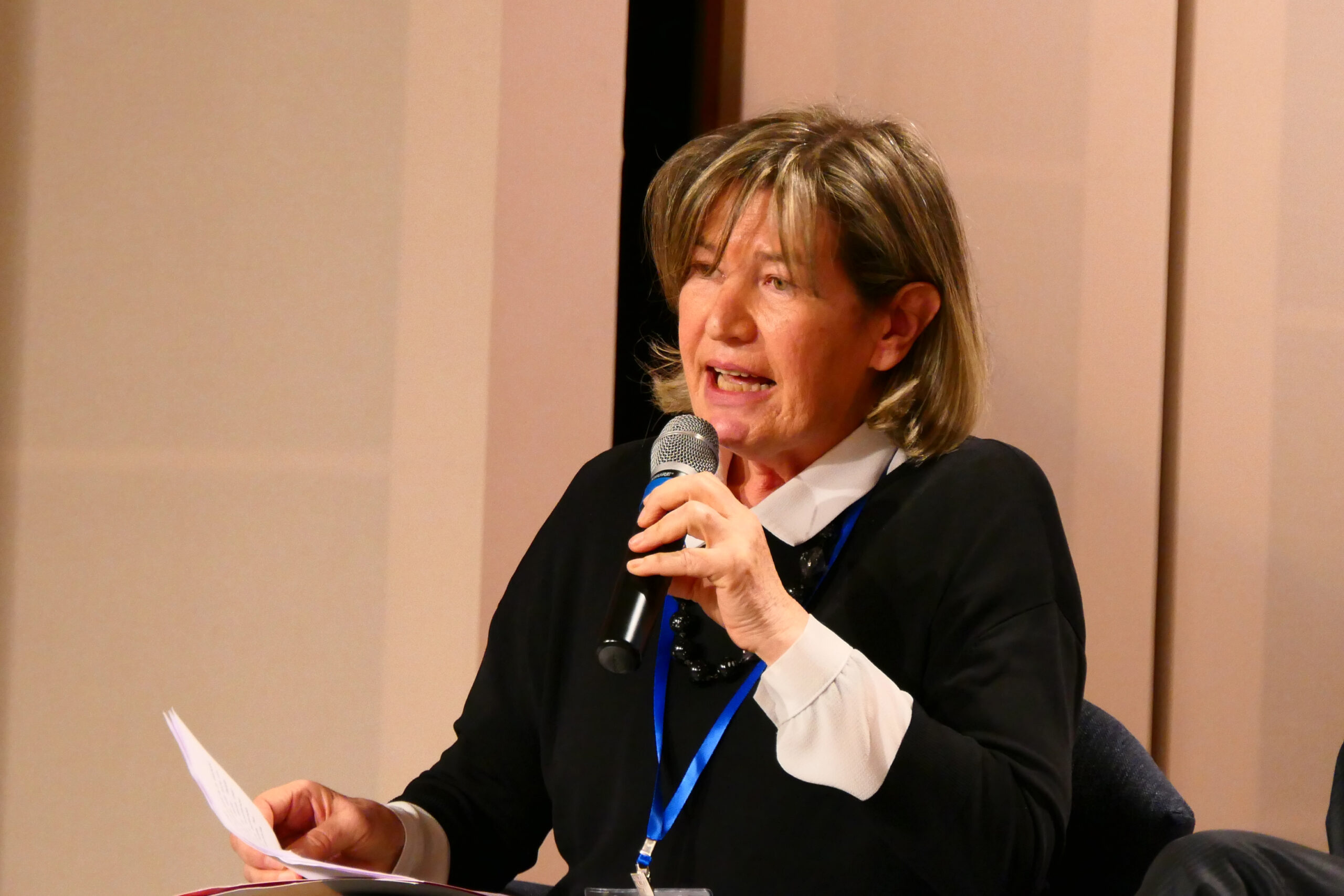
“Mamme no PFAS”, (“Mothers against PFAS”) Veneto, Italy
The group “Mothers against PFAS” arose in the Veneto region in early 2017 in response to reports of the serious pollution of an important aquifer, the largest in Italy and second largest in Europe, from spillage of Perfluoroalkyl and Polyfluoroalkyl Substances (PFAS) carried out over 40 years by a chemical company established in the aquifer’s recharge area, to the point of complete poisoning. […]
Four concerned and angry moms sought each other out to share the pain. Anger was soon replaced by a determination to do something as mothers and citizens. I am one of them, and I wondered how such a disaster could happen before our eyes. […]
Anna Maria Panarotto
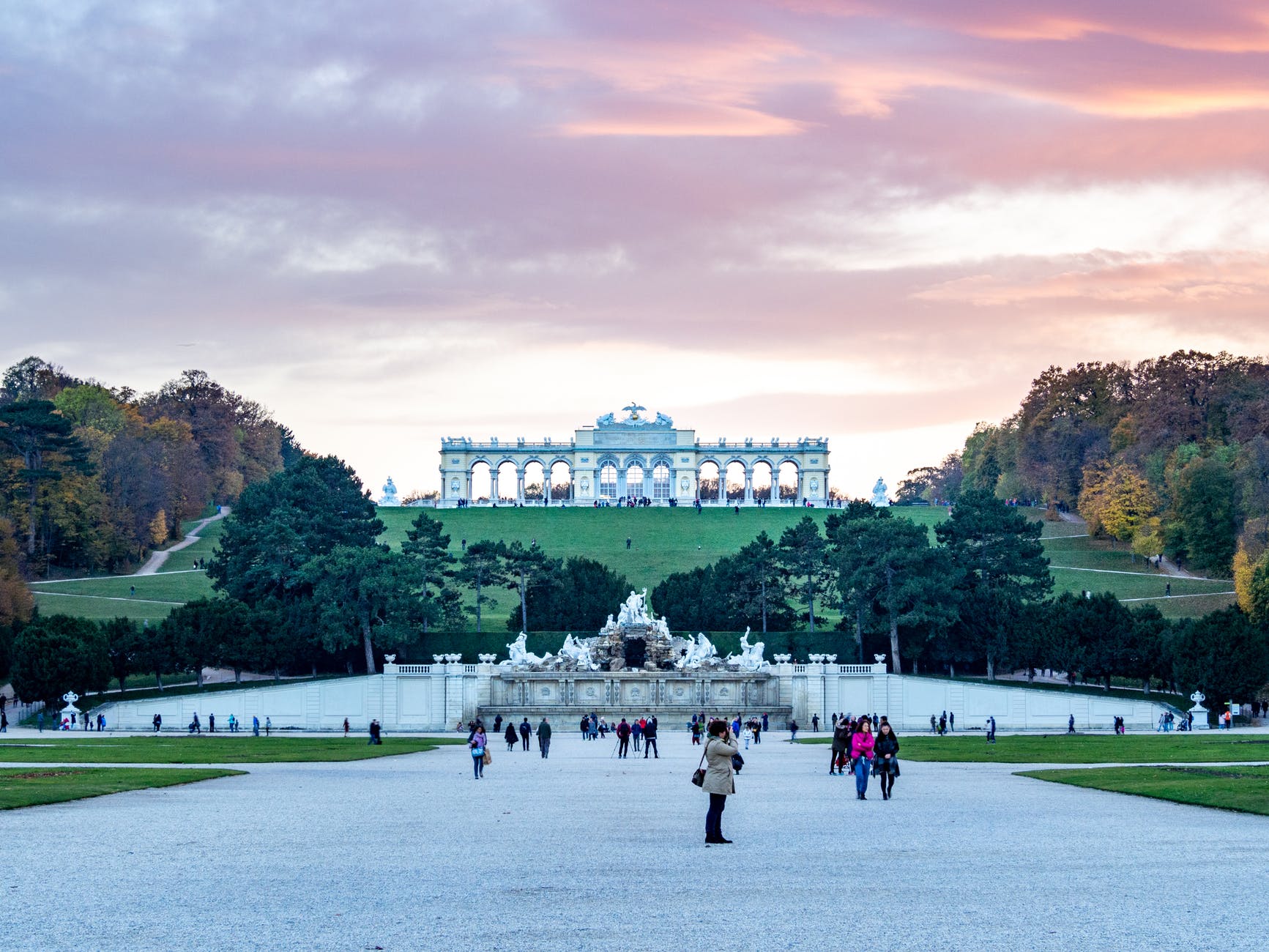
Urban requalification and regeneration of the social fabric, Vienna
Vienna grew especially in the final decades of 1800. In those years, those who studied the city’s development plans foresaw a population of 8 million inhabitants with suitable services and infrastructure; today, however, Vienna has stopped below 2 million inhabitants and the whole of Austria does not exceed 9 million. At the end of the 20th century, the capital’s needs for urban requalification had become urgent, particularly in some contexts: there were neighborhoods inhabited mainly by native-born, elderly and impoverished people; elsewhere, immigrants and large families confined to crowded apartments were increasing. Vienna’s administration had already created a new social institution to handle this situation, especially so that the local population could continue to live in the environment in which they were born. But I realized that more cooperation was needed.
In this context, my profession as an architect and urban planner offered me resources and skills that could bring out innovative perspectives and, after all, this is the case for every subject rooted in a territory. […]
Franz Keonreif
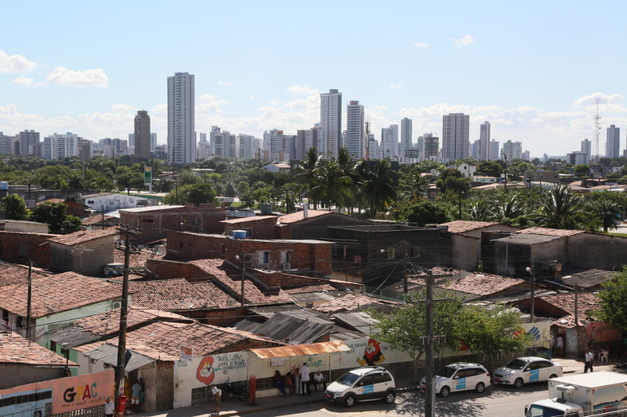
Processes of popular participation, Island of S. Terezinha – Brazil
“The Island of S. Terezinha,” a neighborhood of Recife with an emblematic history, has been known for 50 years ago by another name: “Island of Hell.” In 1968, to intervene in a situation of serious degradation, a group of people from the Focolare Movement accepted the invitation from the Archbishop of Recife, Helder Câmara, and moved into the neighborhood, living and sharing everything with its inhabitants. Gradually, a community with a deep civic consciousness is formed, and the first results of self-promotion are achieved. The inhabitants organize themselves in associations and, after the country’s democratic opening, insert themselves into the new processes of popular participation, such as the Municipality of Recife’s Participatory Budgeting. The victories were many: the electrification of the area, the paving of many streets, the school and health center, the Center that welcomes children and youth after school hours. Johnson da Silva Pinto was one of the boys of the neighborhood in the 1960s, and one of the protagonists in this journey enlightened by the Gospel. Today he is the co-president of the Center of the Politics for Unity Movement in Brazil. […]
Johnson da Silva Pinto
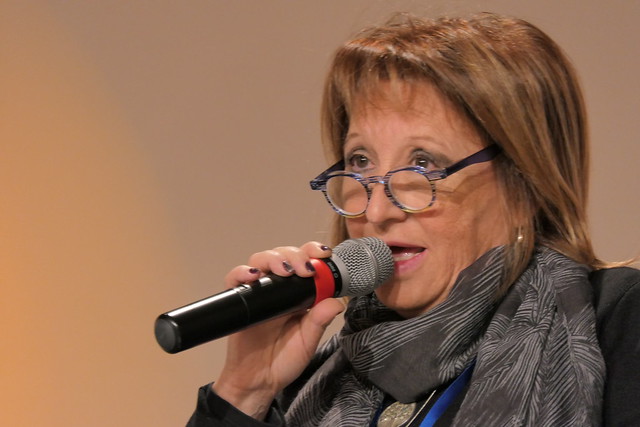
The exercise of power from a service perspective – Argentina
When in Cordoba, in 1985, with the Pastoral Care of the Catholic Church I collaborated in organizing the first National Youth Congress that brought together 120,000 boys and girls from all over Argentina with the motto “Together let us build a country of brothers.” Our country was coming out of decades of dictatorship: 30,000 desaparecidos (forced disappearances), a vast night… Like many other young people, I too felt the desire to “turn the page.” It was up to us to heal those deep wounds, and I realized that politics was a high way to express my passion and transform reality. […]
Amelia López
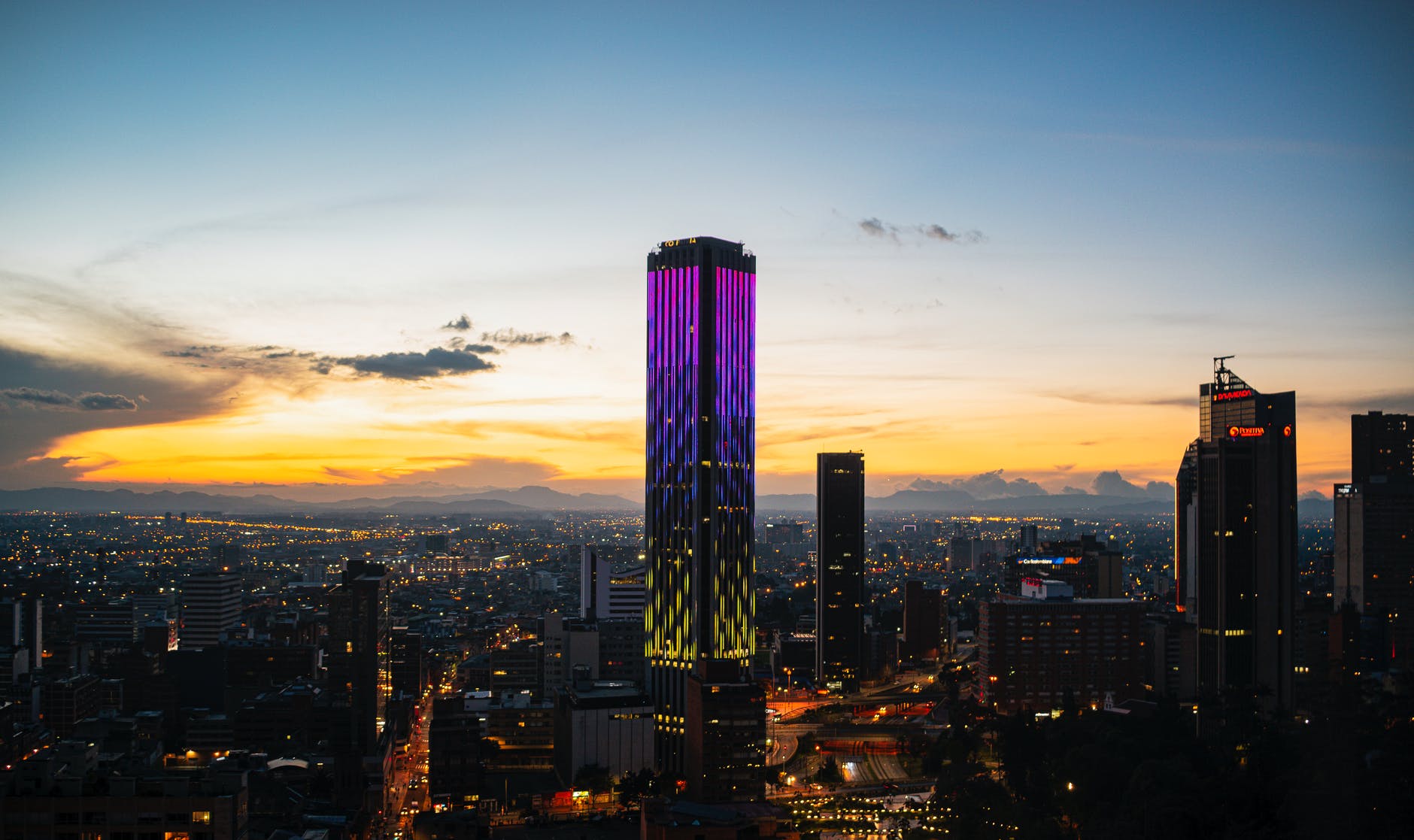
Co-responsibility in caring for one another – Colombia
[…] I am convinced that each of us has an important function to carry out. Of course, a constructive individual attitude is not enough to change such a complex reality, but it is an essential point of departure to nurture sharing, dialogue and the search for unity. I am thinking of an operation that, precisely at this time, is greatly needed: “to disinfect” society. It is about disinfecting our communities from individualism, recognizing that we are co-responsible in caring for one another. We all become political when we put ourselves aside in order to embrace the other’s pain.
Javier Baquero Maldonado

